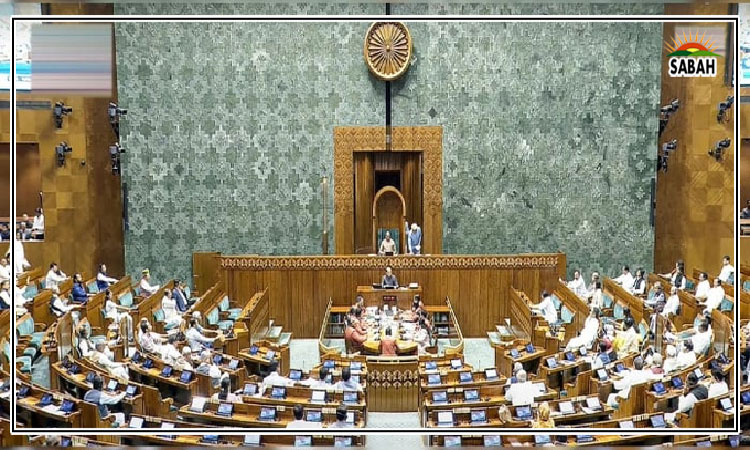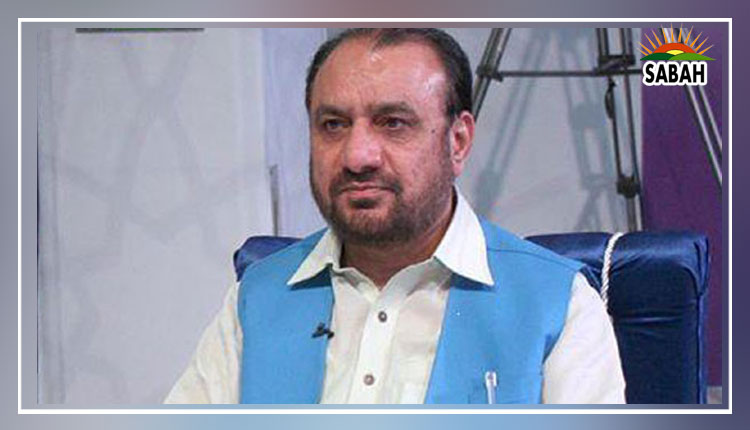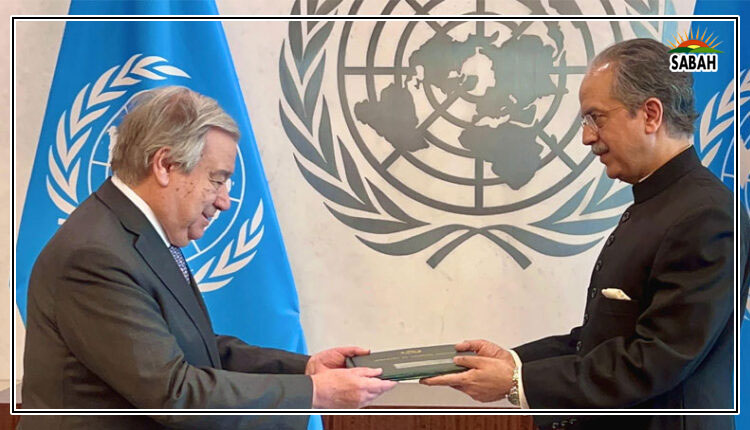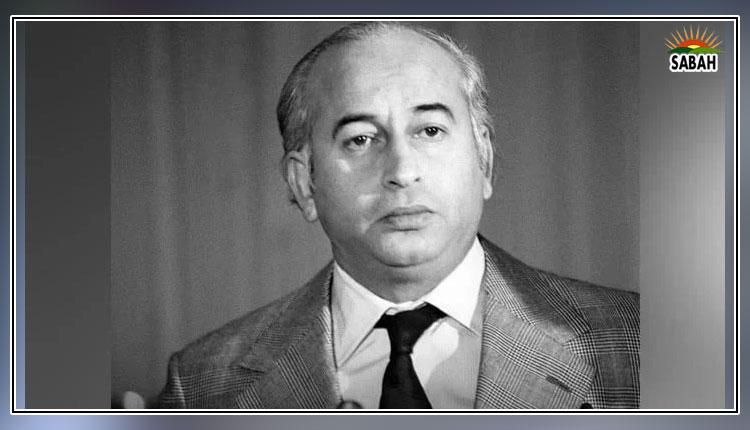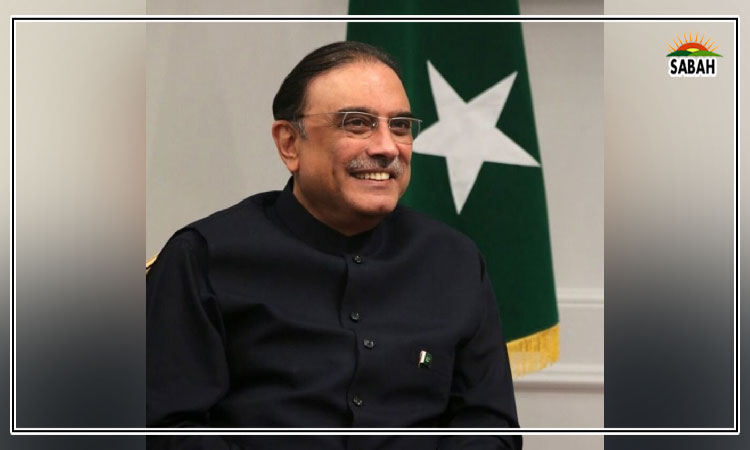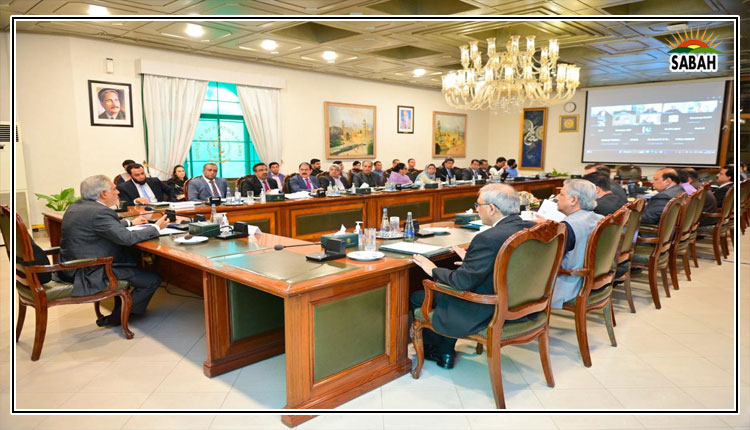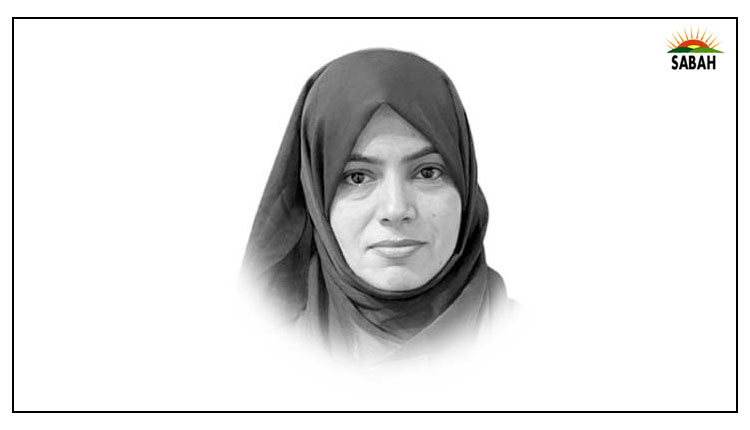Learning speech therapy in school … Saira Samo
Communication is a big part of being human, starting from gestures to the many languages we use today. Over time, we got better at communicating with graphics, alphabets and modern electronic media. However, Pakistan recently faced a challenge – not having enough qualified professionals in Speech Language Pathology (SLP). Out of 240 million people, over 22 million suffer from speech, language, swallowing or hearing disorders.
This scarcity accentuates the urgent necessity to tackle communication issues in the country. Vital efforts are required to augment the availability of qualified SLP professionals, ensuring individuals with communication challenges receive the necessary support for enhanced speech and overall well-being. Bridging this gap is crucial for promoting effective communication and establishing a more comprehensive environment for everyone.
A survey in Karachi showed a serious problem – not enough qualified Speech Language Pathologists (SLPs). Only seven trained abroad were available to help millions, mostly in private hospitals. Short training for trainers and parents wasn’t enough. We urgently need an extensive degree course to meet the demand for qualified SLPs.
Speech therapy is like a guiding light for people, especially kids, who struggle with talking. It helps them deal with speech problems and makes their lives better.
When kids have trouble speaking, it’s not just about saying words. It affects how they interact with others, do well in school and feel about themselves. Not being able to express themselves can make them feel frustrated, lonely and like they’re not good enough. That’s why spotting these challenges early is crucial, and speech therapy becomes a big help for these kids.
In speech therapy, there’s a fun exercise called ‘Sound Detective’. Kids listen for specific sounds in words, like ‘s’ or ‘r’, and mark when they hear them. It helps with recognising sounds and saying them right. Making speech therapy exercises fun keeps kids interested and excited about getting better.
The drive to fix speech problems has a few important steps. First, skilled speech therapists check a child’s speaking and language skills to figure out where the issues are. This check is like a base for creating special plans to help each child with their own needs.
The therapy involves lots of different tricks to get better at speaking, understanding language and communicating well overall. They do exercises to practice certain sounds and activities that build up their words and understanding. Each session is a small step to help them talk better and feel more confident.
In speech therapy, science comes into play. Therapists use what they know about language, psychology and how the brain works to find the best ways to help. They use tools like speech exercises, games and special technologies to make learning fun and interesting.
In Pakistan, there are challenges and chances when it comes to speech therapy. While more people know about speech problems, getting good therapy in rural areas is tough. There’s not enough money and not many trained therapists, making it hard to help everyone. But there are plans to fix this, with groups working to spread the word, train more therapists and push for fair rules.
Make speech therapy work better for those who need it, we need to do a few things. First, we should spend more on teaching and training people to be speech therapists. That way, we can have enough of them to help everyone. Second, telling people about speech issues through public campaigns can help. It encourages finding problems early and shows the good things about speech therapy.
If parents, teachers and healthcare work together, they can help everyone who needs it. Bringing speech therapy to schools and community health programmes means more people can get help, even those who might be forgotten.
In the end, speech therapy is like a hope for those who find talking hard, especially kids. Going from checking the problem to finding ways to help, it’s a big change that helps them talk better.
Courtesy The Express Tribune, April 15th, 2024.


